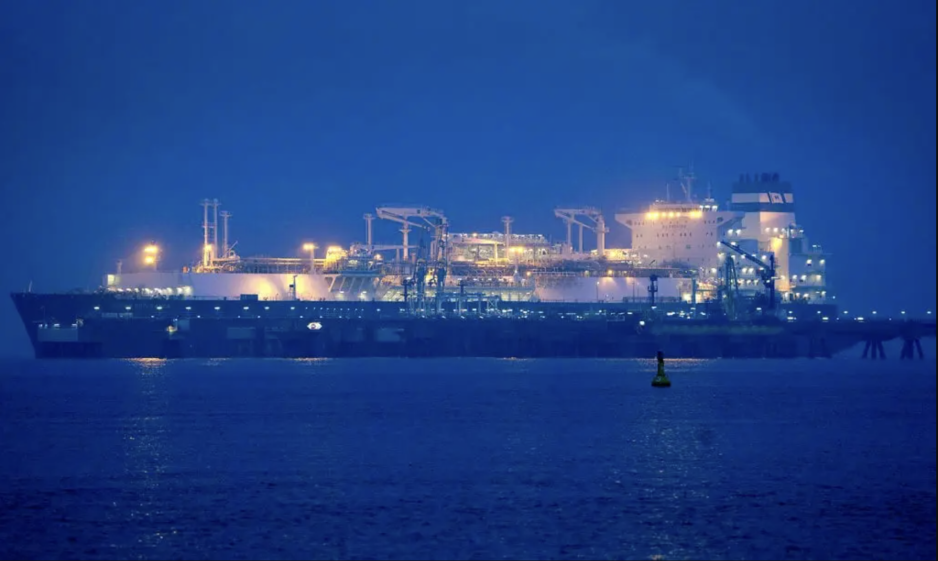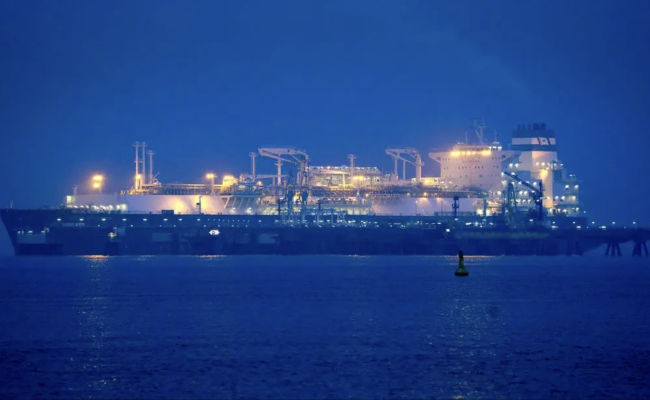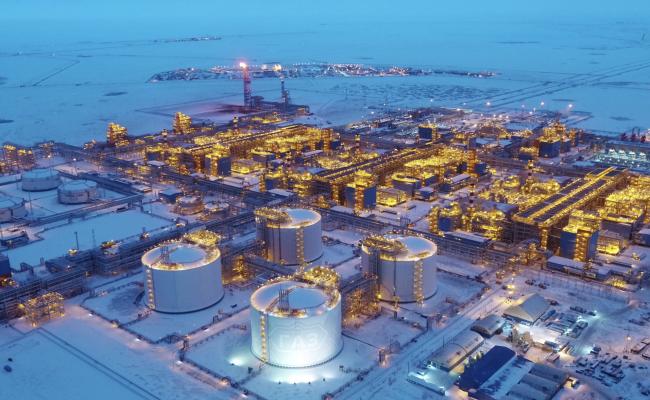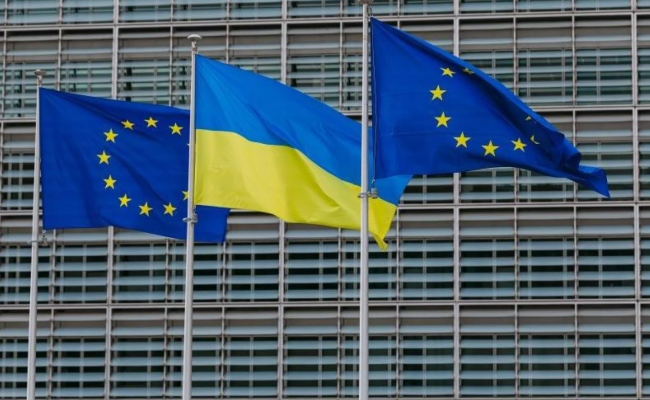Germany Signals Green Light to Exit Yamal LNG Deal Under EU’s 19th Sanctions Package

Höegh Esperanza floating LNG import ship at Germany’s Wilhelmshaven LNG terminal.
Germany may invoke “force majeure” to exit Yamal LNG deal. The EU’s 19th sanctions package provides state-owned SEFE legal cover to exit the Russian LNG contract, Germany says. The news is the first concrete step of long-term purchase agreements being unwound, signaling the beginning of the end for Russian gas exports to Europe.
The Bundesministerium für Wirtschaft und Energie (German Federal Ministry for Economic Affairs and Energy) has confirmed that the new 19th EU Sanctions Package against Russia creates a legal basis for the state-owned company SEFE GmbH to terminate its long-term LNG contract with Russia’s Yamal project.
SEFE is currently analyzing the new legal framework, which will likely allow it to invoke “force majeure" enabling the firm to withdraw from the deal ahead of its original 2040 expiry date.
The ministry said the recently adopted 19th package of EU sanctions against Russia provides the legal basis for such a move.
“Both the regulation concerning “RePowerEU” and the so-called 19th sanctions package are likely to lead to SEFE having to cease taking delivery of LNG from the old Yamal contract and being able to invoke force majeure.
The Federal Government expressly supports the efforts to implement EU sanctions,” the ministry stated in response to a parliamentary inquiry.
Obligated to take around 2.9 million tonnes of LNG annually from Yamal LNG
First German steps to exit Russian LNG
The comments are the first concrete steps that the Germany government intends to cease importing Russian LNG via state-owned SEFE (Securing Energy for Europe).
SEFE, arose out of Gazprom Germania – a subsidiary of Russian Gazprom – which was nationalised by the German government in 2022 in the aftermath of the invasion of Ukraine.
Since then SEFE has emerged as one of the largest European buyers of Russian liquefied gas from the Yamal LNG project. Under the contract, the company is obligated to take around 2.9 million tonnes of LNG annually from Yamal LNG, with deliveries running until 2040 and no standard option for early termination.
The German government repeatedly pointed to SEFE’s existing contractual obligations for the continued imports.
According to the ministry the “take it or lose it” contract would have allowed Russia to sell the gas a second time if SEFE did not purchase the agreed-upon amount.
Also read (the text continues)
The EU’s recent decision to disallow Russian imports starting in 2027 now provides the legal cover to phase out deliveries. The move could shield SEFE from mounting contractual risk and potential liabilities for breach.
Analysts have estimated that the cost of terminating the contract in the absence of force majeure could reach around €10 billion.
Beginning of the end for Russian exports to EU
For SEFE, the challenge now is to replace the volume with alternative non-Russian sources, while navigating the legal and financial complexities of unwinding the Yamal deal.
The company will likely be looking to the U.S. for additional imports. SEFE already buys approximately 10 billion cubic meters of natural gas per year from Norway's Equinor, under long-term contracts that began in 2024.
These Norwegian imports provide about a third of Germany's annual industrial gas needs.
The broader significance is also geopolitical.
The fact that a major EU member government is signalling a path out of a long-term Russian gas contract shows how the 19th sanctions package is beginning to unravel nearly a decade of large-scale LNG imports from Yamal.
Similar processes can be expected for other major importers of product from Yamal, including France’s TotalEnergies and Spain’s Naturgy.




